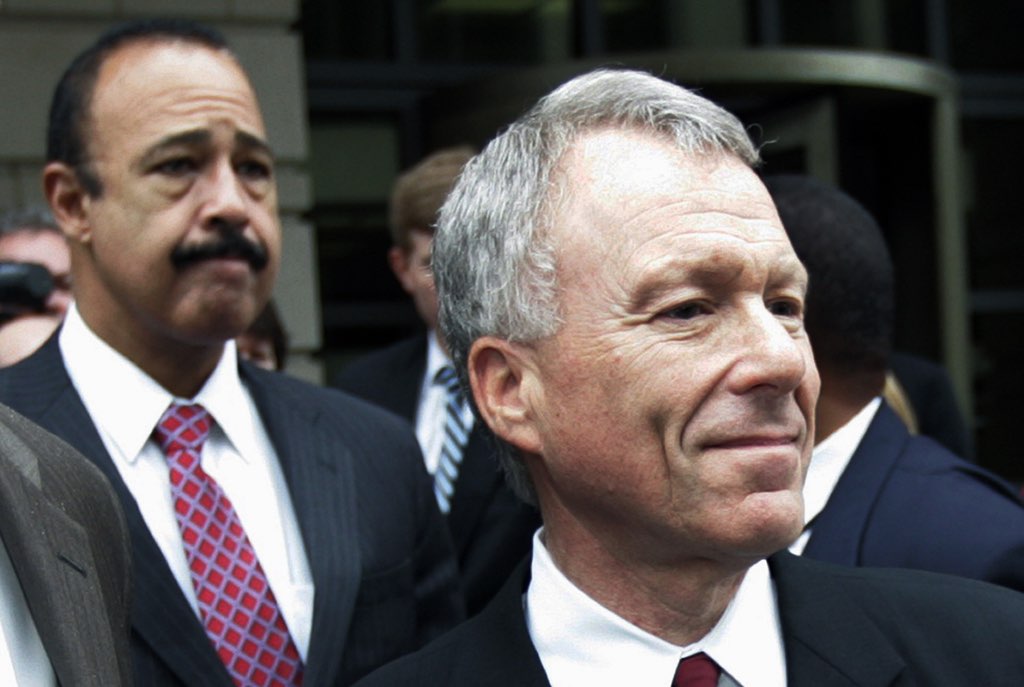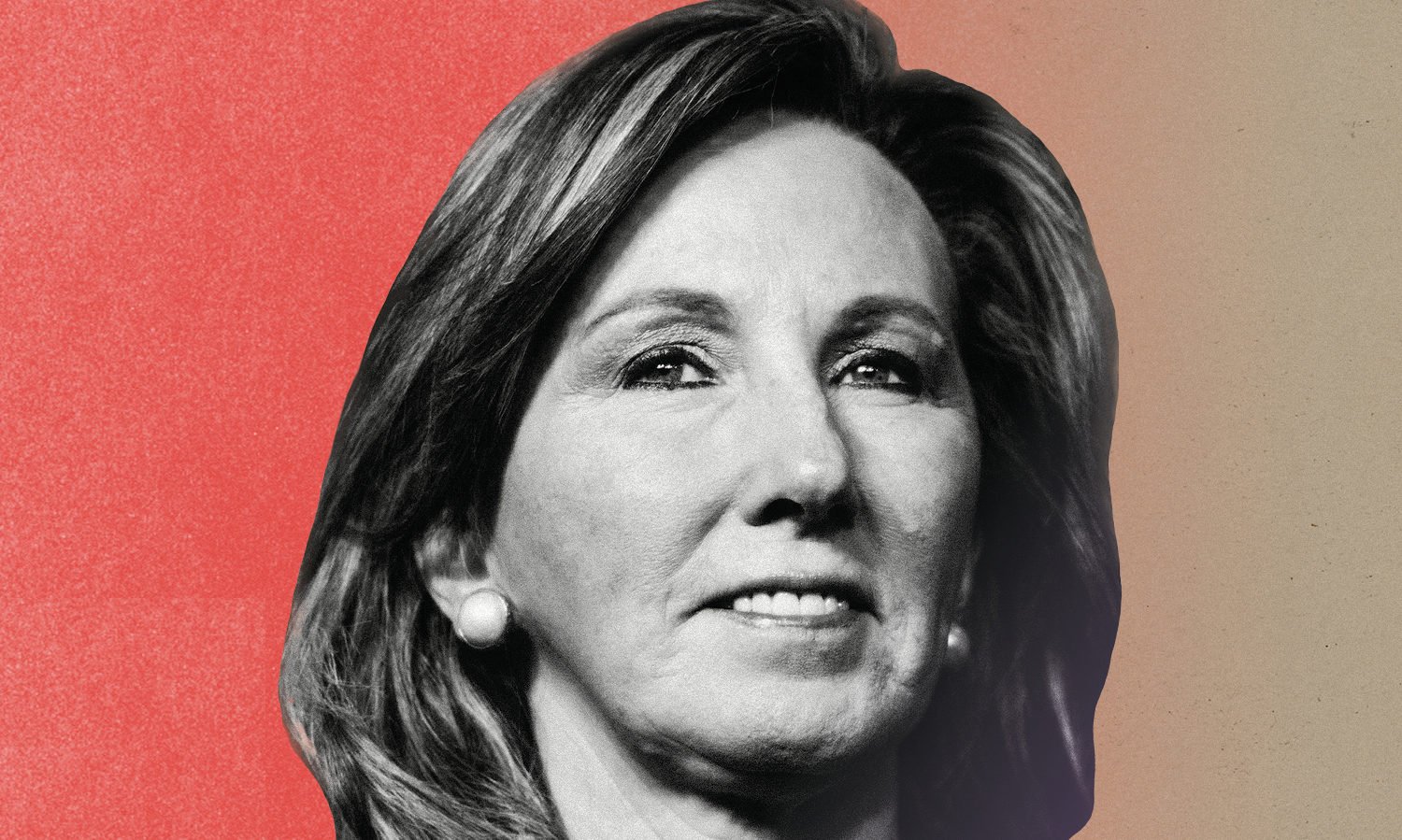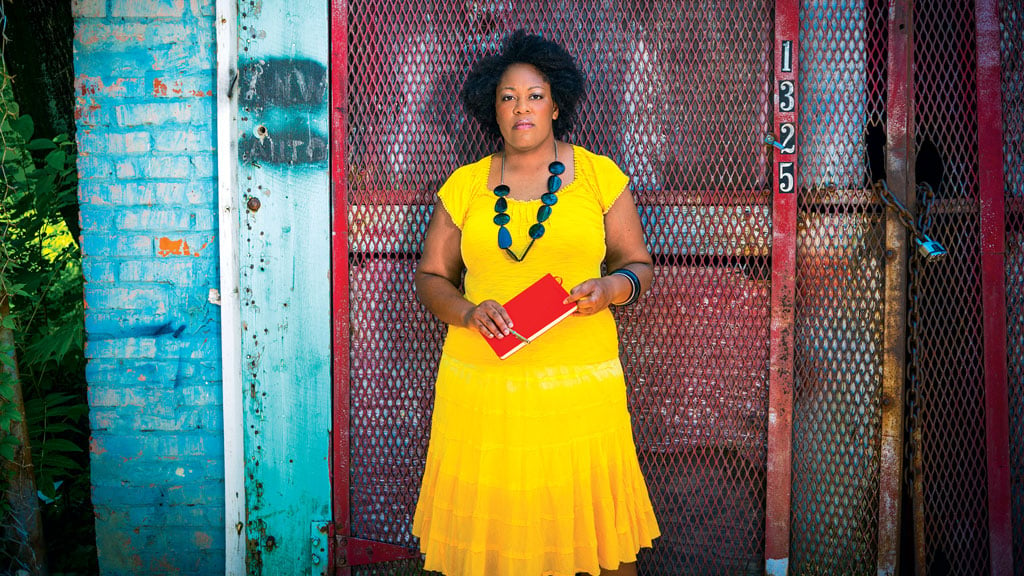Even if you spend a lot of time watching the news, it’s easy to forget the trial of I. Lewis “Scooter” Libby.
After all, it was more than 11 years ago when the former chief of staff to then Vice President Dick Cheney was on trial in federal court in Washington for perjury and obstruction of justice in what was known as the CIA leak case. So much has happened since then–the financial crisis, the Obama years, the end of Hillary and the rise of Donald Trump–that it’s more or less faded from memory at least until yesterday when news reports surfaced that the president was considering pardoning Libby, a longtime Washington lawyer. (He granted the pardon Friday.)
As a reporter who testified at Libby’s trial I have some thoughts on what the pardon means and how Washington has changed over the decade.
First, some background. Then as now, Washington was focused on a special counsel. Back in December 2003 Patrick Fitzgerald, the US Attorney in Chicago, was tasked by the Justice Department to pursue an investigation of who leaked the identity of Valerie Plame, a CIA operative to reporters, including myself. (I was covering the White House for Time magazine at the time.) Fitzgerald, a crusading young prosecutor, who had made his bones on the first World Trade Center bombing and who had risen from being the son of a New York City doorman to the top ranks of Justice Department prosecutors, was a widely applauded choice much as Robert Mueller was. Because the attorney general in 2003, John Ashcroft, had recused himself from the case, Fitzgerald was appointed by the newly installed Deputy Attorney General James Comey.
Unlike now, the Bush administration didn’t public complain about the appointment of a special prosecutor. There was no Twitter for the president to shout WITCH HUNT! And of course it wasn’t in George W. Bush’s character to do so. When Fitzgerald interviewed Bush in the case it was done with relatively little hassle.
Fitzgerald never prosecuted anyone for the leak, which originally sprang from Richard Armitage, a State Department official, who had been wary of the Iraq invasion. (It was widely assumed that it was a war enthusiast who has disclosed Plame’s identity as a way of discrediting Plame’s husband, former ambassador Joe Wilson, who had been dispatched by the CIA to investigate British claims that Saddam Hussein was trying to purchase uranium in the African country of Niger. Wilson wrote an op-ed for the New York Times saying he found no evidence of Iraq looking for uranium in Africa.)
But Fitzgerald did prosecute one person: Libby, not for disclosing Plame’s identity, which he did to me and others, but for perjury. The jury determined that Libby told a whopper to the FBI, a cockamamie account that he, Libby, only learned of Plame’s identity, from Tim Russert, the late NBC Washington bureau chief and longtime moderator of Meet the Press. Russert testified at Libby’s trial that that was a lie and that helped the just convict Libby on five felony counts of making false statements to federal investigators, perjury for lying to a federal grand jury, and obstruction of justice for impeding the course of a federal grand jury investigation.
I testified at the trial about my conversation with Libby in which he confirmed to me what another source, Bush political advisor Karl Rove, had told me: that Plame was involved in dispatching her husband Wilson to Niger. Libby’s lawyer’s disputed my account and flashed my notes on a giant screen in the courthouse to try and punch holes in my story.
Libby was convicted to 30 months in jail in the summer of 2007 but President Bush commuted his sentence, sparing Libby prison but still leaving him with a $250,000 fine and the loss of his law license which he regained a few years later.
Enter Donald Trump. Why did he pardon Libby? I suspect a lot of it is about sticking it to Comey, who appointed the special counsel in the CIA leak case. I’m sure it’s a shot across the bow to Mueller’s investigation. And it certainly appeases neocon allies of Libby like John Bolton, the new National Security Adviser, and Cheney, himself, who was furious at Bush for not giving Libby a full pardon.
It also shows how mercurial Trump is, if we needed more evidence. After all, Trump nominally opposed the Iraq War. He had no investment in Libby or Cheney’s reckless efforts to find a casus belli for the 2003 war. And yet here he is poised to use his pardon power to lift the last bits of a sentence that Libby had mostly ducked. All those Trumpian New Yorkers you might have thought Trump would want to pardon retroactively–New York City Police Commissioner Bernard Kerik, Albert Pirro, the ex husband of Fox News host Judge Jeanine Pirro, subway vigilante Bernhard Goetz, Teresa Giudice from The Real Housewives of New Jersey and The Apprentice, even Charles Kushner, Ivanka’s father in law. They’ll all have to wait for their pardons, it seems, behind someone who Trump doesn’t know and has no reason to care about. Because unlike 2007, we have a president driven by venality.
















